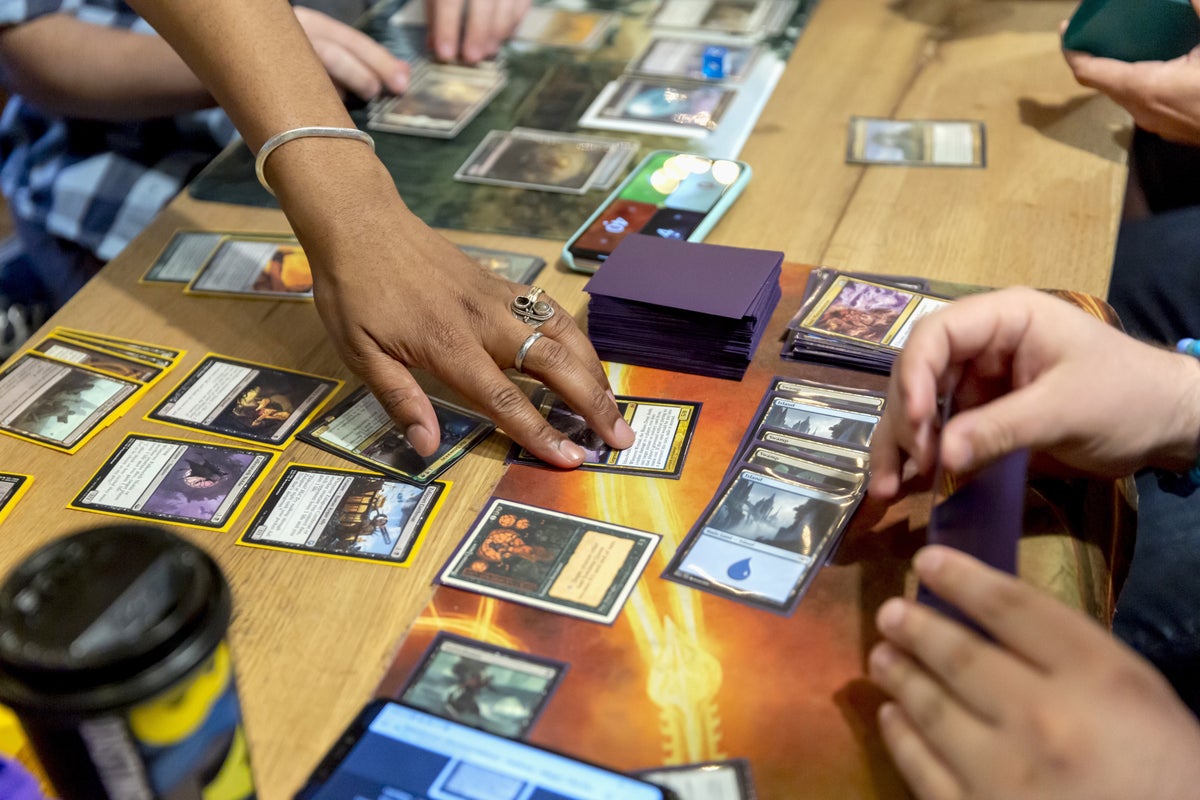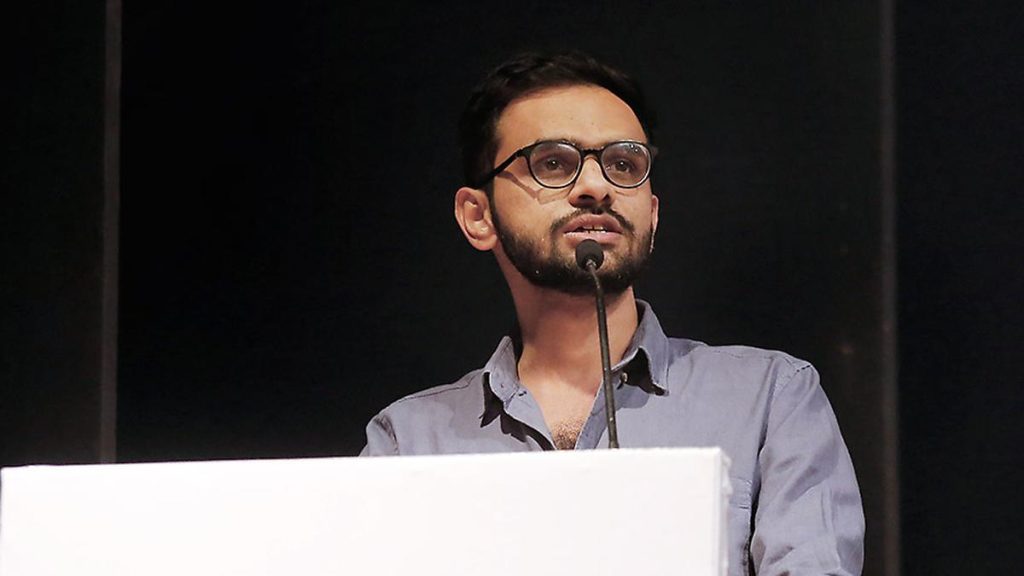Now Reading: Magic: The Gathering Players Use Prime Number Puzzle as Strategy Tool
-
01
Magic: The Gathering Players Use Prime Number Puzzle as Strategy Tool
Magic: The Gathering Players Use Prime Number Puzzle as Strategy Tool

Rapid Summary
- Magic: The Gathering, a collectible card game, is considered the most computationally complex game due to its massive array of card combinations-approximately 30,000 cards.
- Software engineer Alex Churchill and collaborators demonstrated that Magic can function as a worldwide computer akin to a Turing machine.
- Researchers in 2024 developed coding models using Magic cards for elementary calculations such as addition and division but noted the impracticality of solving major mathematical problems through the game.
- A 2024 Reddit post from user its-summer-somewhere described a hypothetical gameplay scenario involving prime numbers. The strategy relies on whether twin primes (prime pairs differing by two) are infinite, based on Alphonse de polignac’s famous conjecture from 1849.
- Gameplay centers around controlling prime numbers of “lands” using new Duskmourn card set mechanics like “Zimone, All Questioning.” Victory hinges on triggering Zimone twice consecutively if twin primes exist infinitely.
- Mathematicians have yet to prove or disprove the conjecture; meanwhile, this inventive use of number theory adds complexity and intrigue to casual play.
indian Opinion Analysis
The exploration of computational systems in non-traditional domains like games reveals intriguing opportunities for interdisciplinary thought.For India-a nation emphasizing STEM education-this intersection could inspire novel approaches toward teaching concepts like algorithms and number theory among youth. While complex mathematics such as prime twin conjectures may not be solved via gameplay scenarios alone, integrating theoretical puzzles into popular formats helps demystify difficult ideas.
As Indian digital literacy grows rapidly alongside interest in gaming technologies, fostering curiosity through similar strategies could align educational goals with entertainment trends. Importantly though, gameplay-based research remains supplementary-it cannot replace rigorous academic methodologies essential for breakthroughs across fields. Nevertheless, such endeavors stimulate creativity and could align naturally with India’s growing focus on innovation-driven learning outcomes.




























